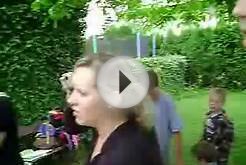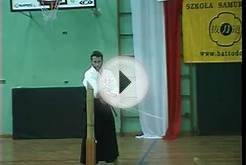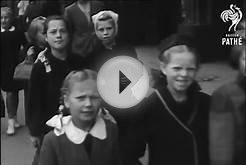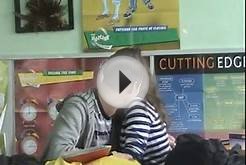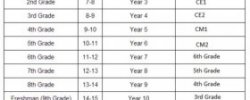 The Polish education system has undergone many positive reforms in recent years, marking an overall improvement in the standard of education in Poland.
The Polish education system has undergone many positive reforms in recent years, marking an overall improvement in the standard of education in Poland.
Expat children are allowed to attend public schools free of charge. However, due to the fact that teaching in public schools is in Polish, and a preference to continue their children’s education in line with their home country’s curricula, most foreigners choose to enrol their children in international schools in Poland, of which there are a number to choose from.
The Polish education system
Education is compulsory for all children living in Poland aged between seven and 18, including expats. Children attend kindergarten from the age of around three or five; it is compulsory to attend at least one year of formal education before entering the first grade of primary school no later than the age of seven. Primary school (szkola podstawowa) is from grade 1 to 6, when students turn 13. This is followed by lower secondary school (gymnazium) for three years (grade 7 to 9). After this, students have the option to attend one of a number of different types of secondary schools; three-year general high school, four-year technical high school or three-year vocational high school.
At the end of each level of schooling, students write examinations to determine their strengths and weaknesses, and the particular school that they will attend in the next level.
A typical school day in Poland runs from at 8.45am to 2.45pm. Due to large volumes of students, some schools may run the school day in two shifts; one in the morning and the other in the afternoon. The school week in Poland is from Monday to Friday.
The Polish school year runs from September to June. The three major holiday seasons are over Christmas and Easter, and a winter break in late January/early February.
Public schools in Poland
The majority of children in Poland attend state or public schools. Tuition is free for all children attending public schools, including foreign children. However, this does not include the additional costs of textbooks, school uniforms, lunches, general stationary and school supplies, which parents will have to pay.
Admission to public schools in Poland is determined by where a child lives. Schools are required to accept all children residing in their territorial catchment area. Children are not obliged to attend their nearest school, however, and parents can request that their child be able to attend another school outside of their residential area. In such cases, it is up to the director of the school to determine whether the child will be accepted or not.The language of instruction at public schools is Polish. There are also a number of schools catering for minority groups and which have instruction in other languages, such as Kashubian, Belorussian, Ukrainian and Lithuanian.
Private schools in Poland
Private primary and secondary education is relatively new in Poland, having only been introduced in the late 1980s. Private or non-state schools are partly funded by the government and partly by fees and donations by parents and other organisations, such as religious orders. Many private schools in Poland are run by religious or social organisations. The language of instruction at these schools is generally Polish, or a minority language. They are independent of the government and not restricted to following the national curriculum. Fees at private schools in Poland can be quite high.
International schools in Poland
There are a number of international schools in Poland, catering for numerous nationalities, including American, British, German, French, Italian and Japanese. Most international schools in Poland are based in Warsaw or Krakow, and there are also a handful in Poznan and Wroclaw. While most of the schools follow the curriculum of their home country, some also offer the International Baccalaureate programme.
Places at international schools in Poland may be limited and expat parents therefore need to plan well in advance when making arrangements for their child’s education in Poland. Consideration should also be given to the cost of education at international schools, which doesn't come cheap; tuition can exceed 65, 000 PLN per year.

